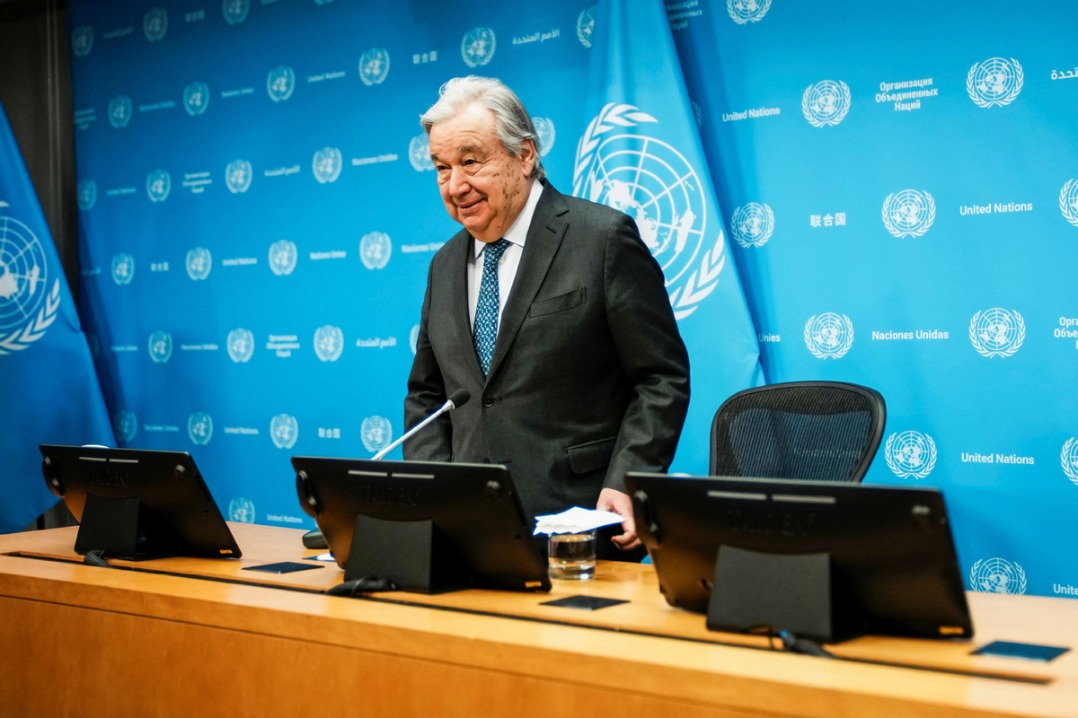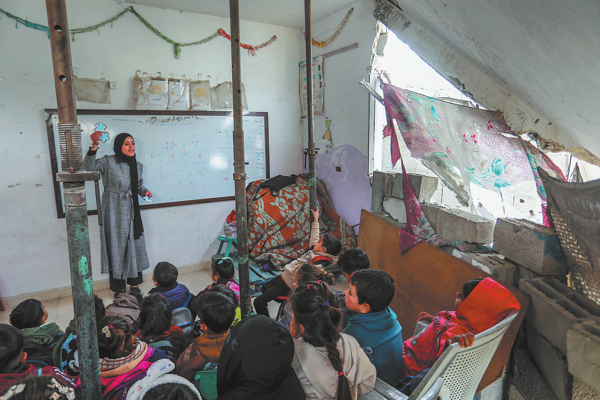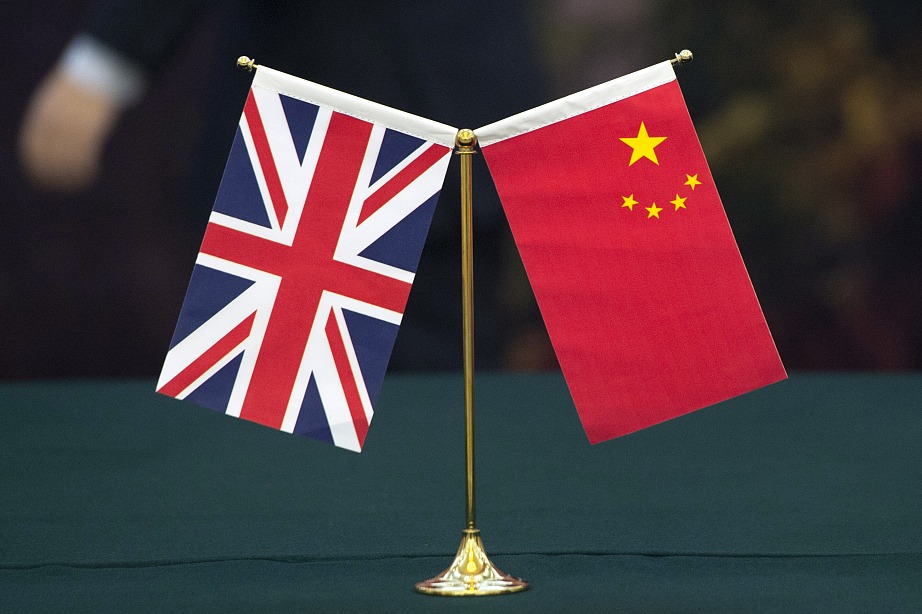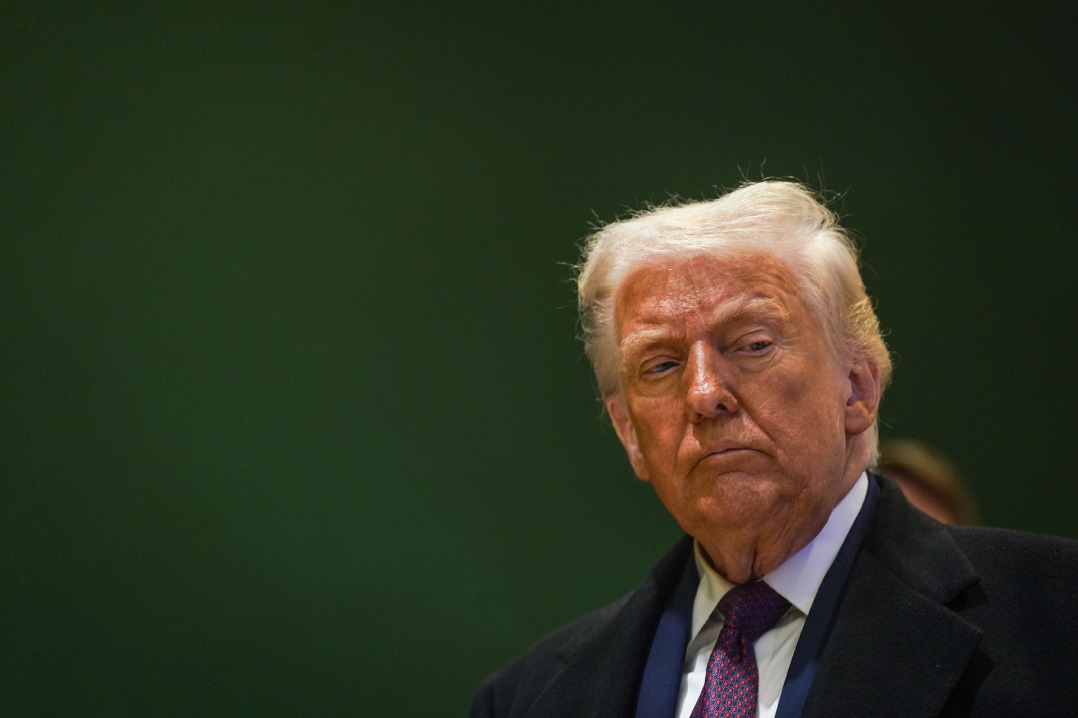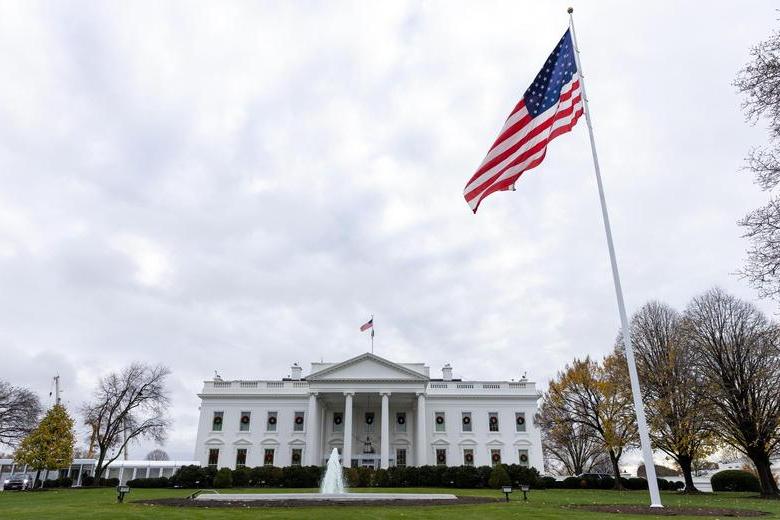Japan pushes telework to counter virus surge

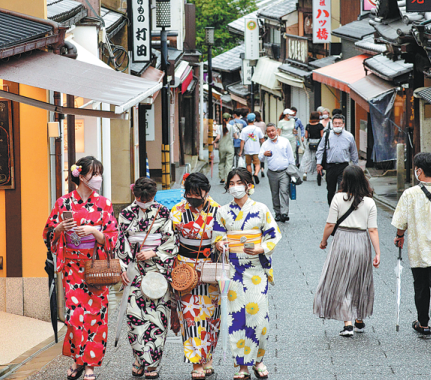
The Japanese government on Wednesday called for a drastic reduction in commuters as the nation faces an unprecedented surge of infections, forcing it to weigh legal options to enforce restrictions.
In a meeting with Masakazu Tokura, chairman of the Japan Business Federation, or Keidanren, Prime Minister Yoshihide Suga asked the organization to help reduce the number of commuters through telework by 70 percent.
"Telework is an effective countermeasure. It may be difficult for some businesses to implement, but I ask for cooperation," Suga said.
In response, Tokura said he will notify Keidanren members of the request.
"We must act to prevent infection with a much stronger sense of crisis," Tokura said.
The move came one day after Suga extended the COVID-19 state of emergency covering Tokyo and five other areas to Sept 12, and expanded the emergency to seven more prefectures.
At a news conference on Tuesday night, Suga told reporters that the government plans to comprehensively implement measures, which fall under three pillars-improving the medical system, preventing infections, and carrying out vaccinations.
The current state of emergency is the fourth since the start of the pandemic in Japan. However, there is no sign that these have helped to curb infections, with the country reporting its daily peak of more than 20,000 on Friday. An average of 18,265 cases per day was reported the week before.
A total of about 1.18 million cases were reported in Japan, meaning that at least 1 in 107 residents has been infected. The death toll stood at 15,497 on Wednesday.
Tougher measures needed
As Japan's restrictions mainly relied on self-restraint and peer pressure, Shigeru Omi, the government's top COVID-19 adviser, had suggested legislation to enable tougher restrictions on people's movements, which Suga agreed to consider.
However, as large portions of the public no longer heed to requests to stay home and many numbed to government requests, mobility data showed that state of emergencies are not curbing movement as effectively as it did in the past.
According to data from private firm Agoop Corp as cited in a government portal, mobility around Tokyo station, the capital city's main transport hub, spiked 233 percent on Monday from a week ago. Average mobility around Umeda station, the main hub in Osaka, rose by 24 percent during the day and 29 percent at night, compared with the same period during the third state of emergency.
Agencies contributed to this story.
















